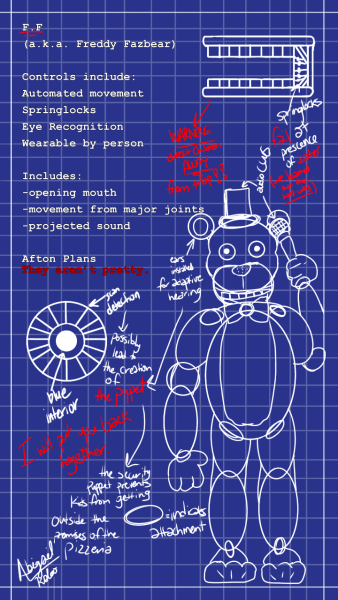Video Games: Parents frown on them, but are they actually helping their children?
There are 1.23 billion people worldwide who spend an hour a day, on average, playing video games. But do they have the right idea?
“Playing video games change the brain’s physical structure the same way as do learning to read, playing the piano, or navigating using a map. Much like exercise can build muscle, the powerful combination of concentration and rewarding surges of neurotransmitters like dopamine strengthen neural circuits that can build the brain,” says University of Wisconsin psychologist, Shawn C. Green.
When kids with still-developing minds play video games, their brains are given a workout. In many video games, the skills needed to win involve abstract and high-level thinking. Games like these tend to advance parts of the mind that aren’t as strong as they could be. Skills enhanced through video games are applied in real world situations that require a person to think efficiently on their feet. Some of the mental skills include hand-eye coordination, fine motor skills and spatial reasoning, planning, resource management, logistics and even multitasking. These skills, clearly, are rarely taught at school
Jane McGonigal is a game designer and author who claims that when we play video games, we have a “real sense of optimism in our abilities and our opportunities to get better and succeed, and more physical and mental energy to engage with difficult problems,” and that is actually “the physiological and psychological state of game play.” So this begs the question, should we encourage gaming in society?





